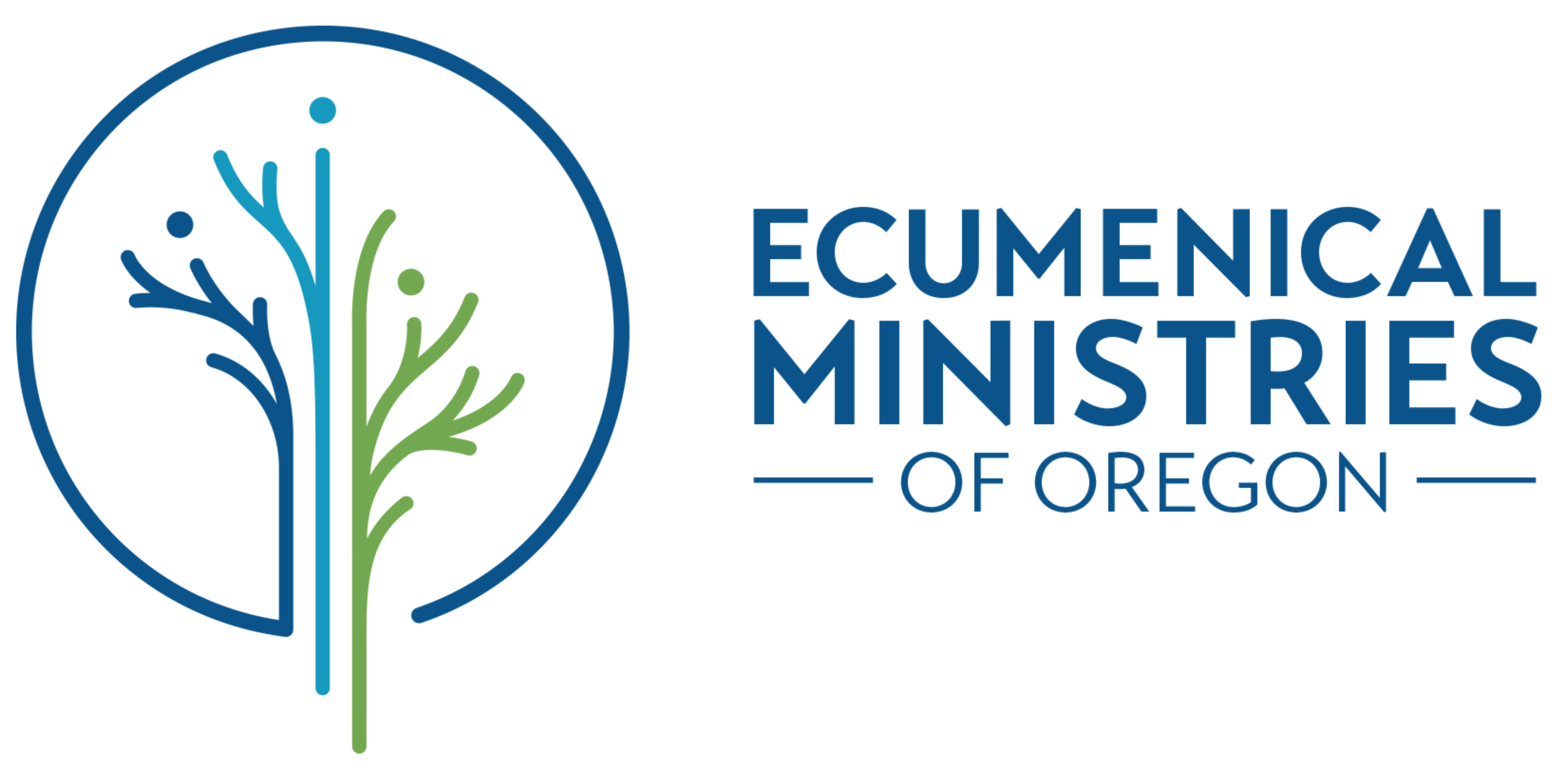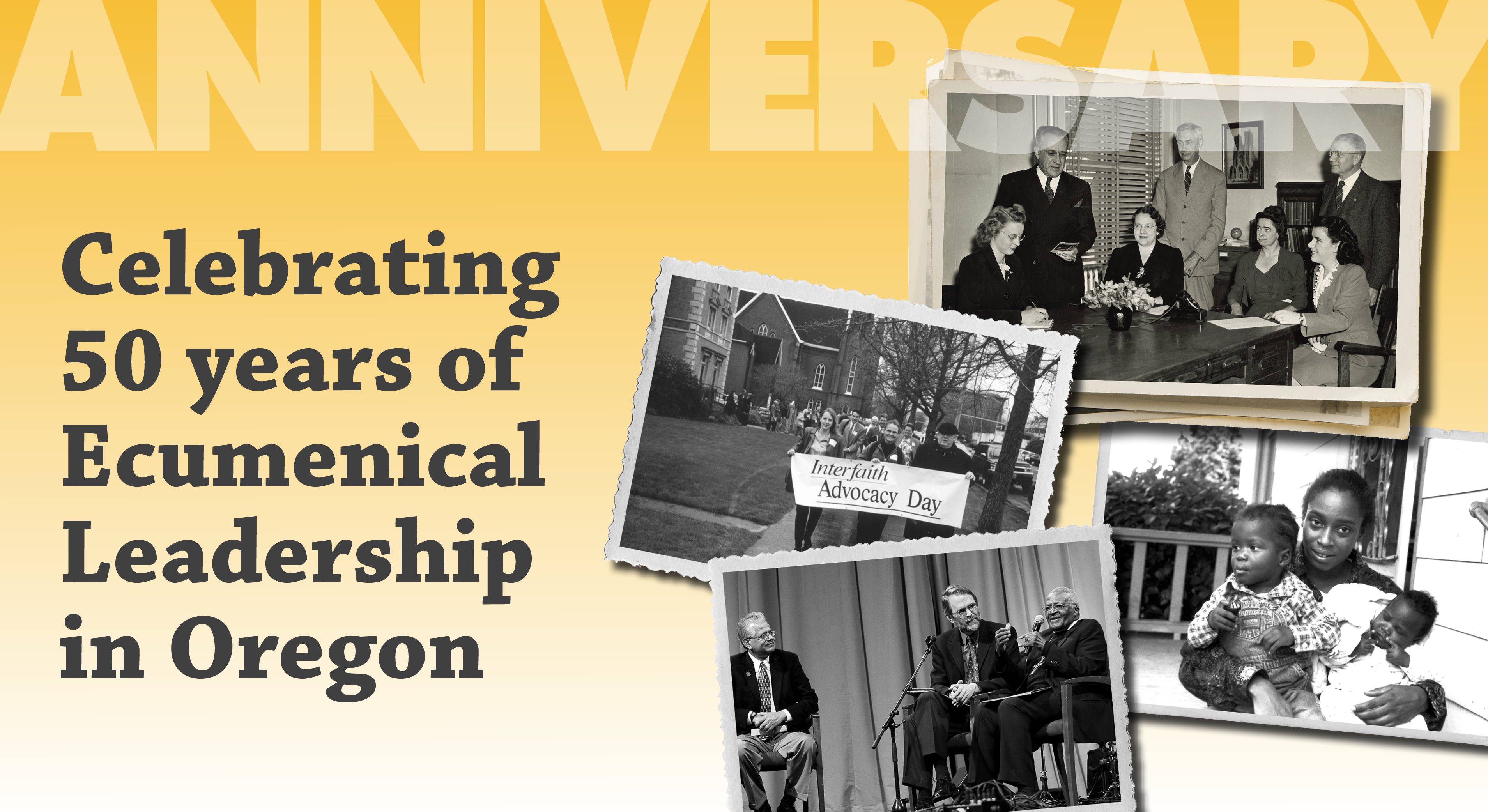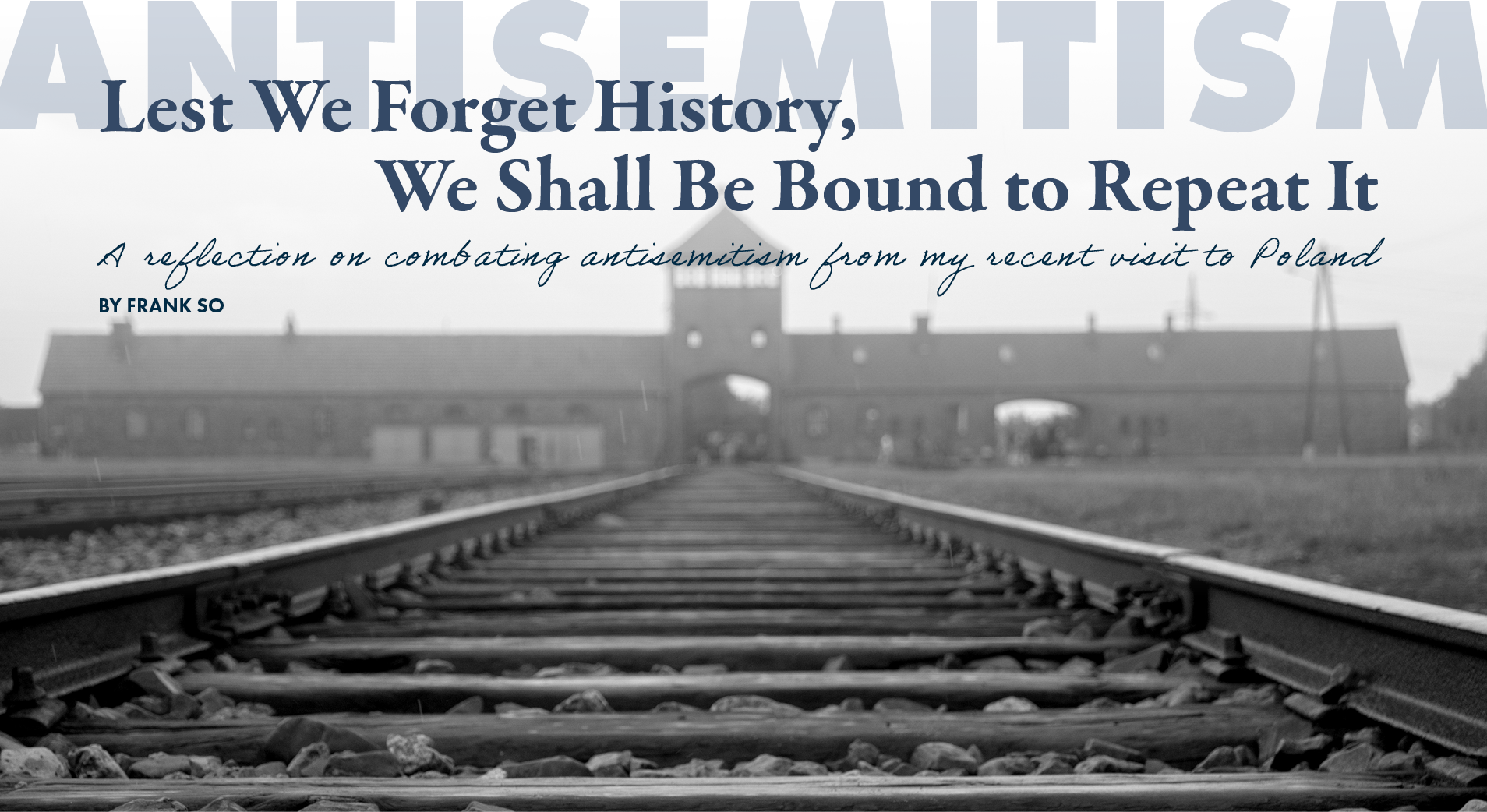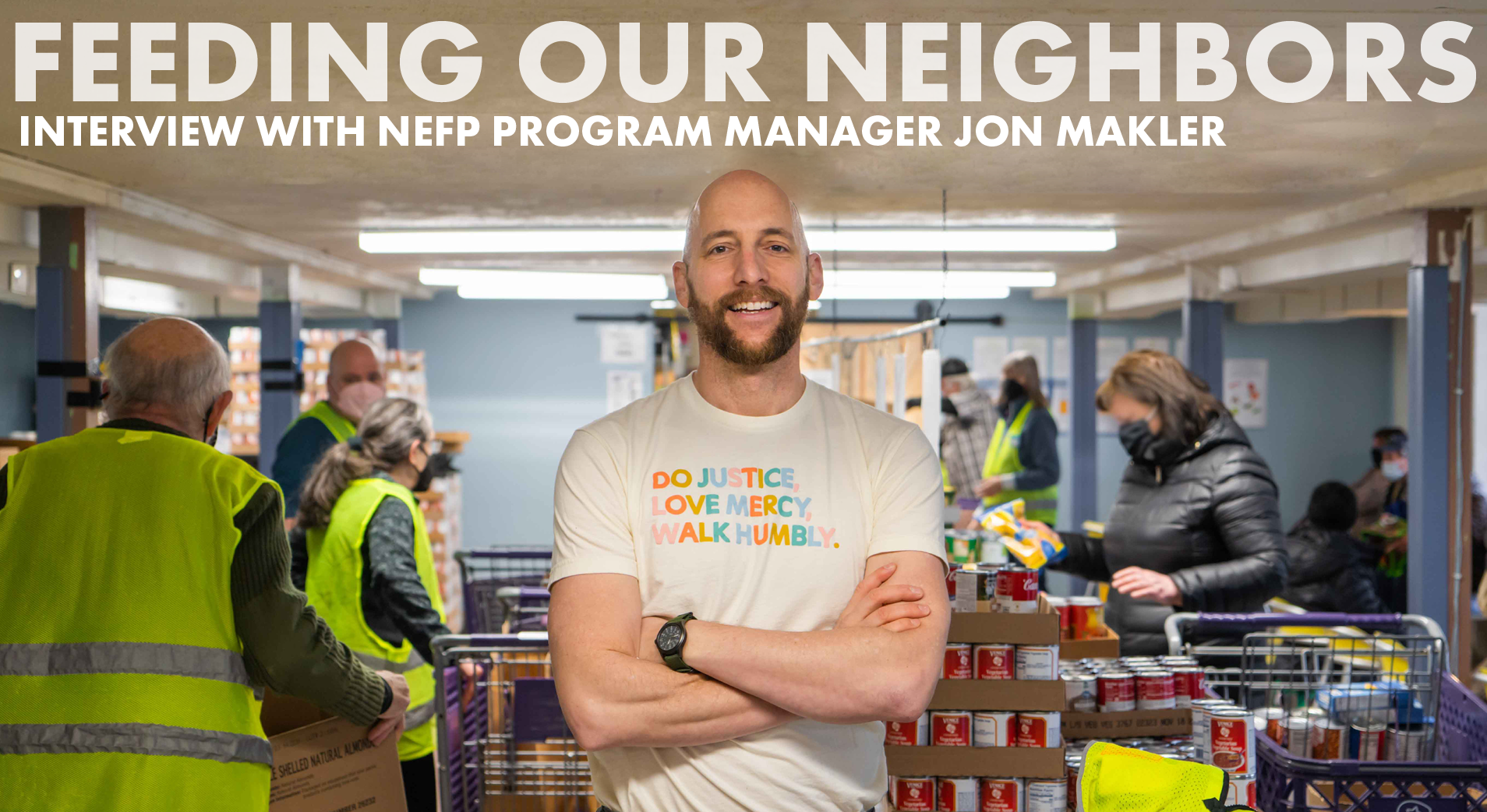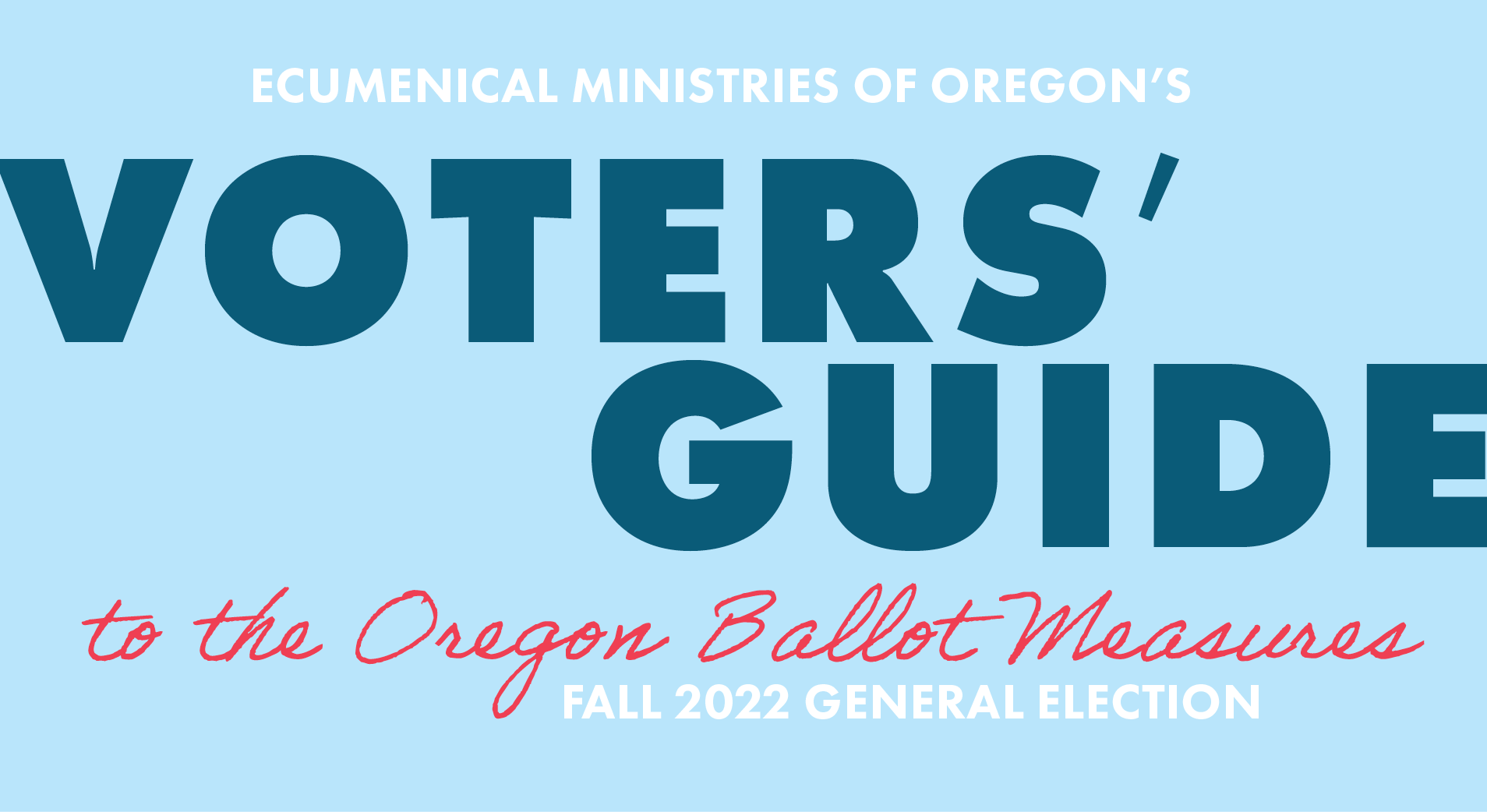
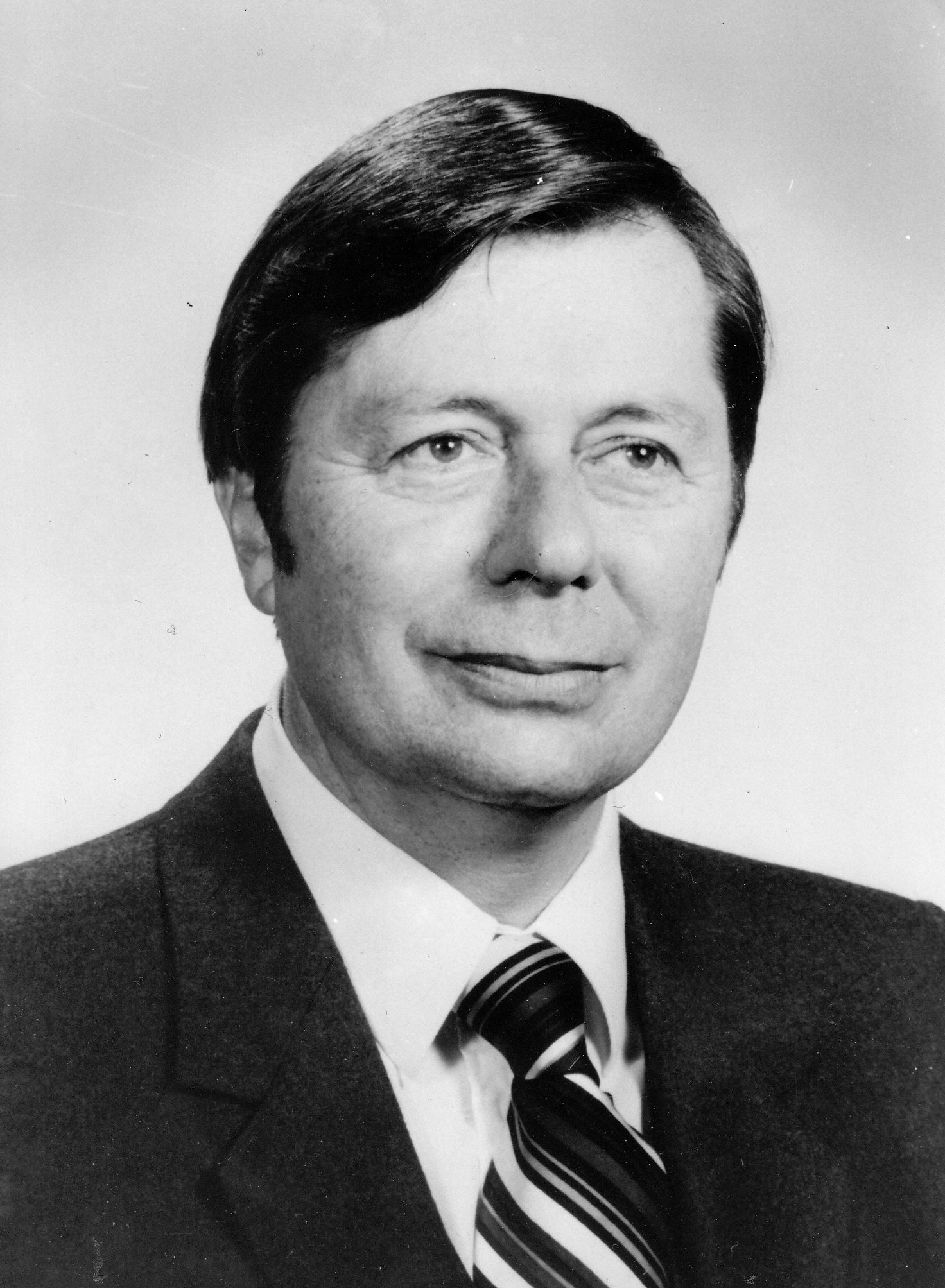 The Rev. Dr. Rodney Page, 1979-1996
The Rev. Dr. Rodney Page, 1979-1996
My entry into EMO was in 1974, when EMO was formed by the merger of the Portland Council of Churches and the Oregon Council of Churches. The leadership staff included The Rev. Richard Hughes as executive director, me as associate director, and The Rev. Steven Schneider as director of Center for Urban Encounter (CUE). What started as the smallest ecumenical organization in the country became one of the largest—in a state with the lowest church membership.
I became the executive director after the death of Richard Hughes in 1979. At that time, EMO had no direct service programs, as it was more focused on advocacy and education. One of the biggest rewards as executive director was building the community ministry programs. The first direct service program EMO started was Sponsors Organized to Assist Refugees (1979). Many more programs followed that are still running today, including Northeast Emergency Food Program (1983), HIV Day Center (1990), Daily Bread Express (1992) and Slavic Oregon Social Services (1994).
The greatest challenge facing EMO—then and now—is holding up the church’s unity that we seek. Unity is not uniformity. There is great diversity in the unity of EMO, and through our unity we are able to serve a broken world through advocacy, education and direct service, especially serving the poor and the powerless—all whose way is hard.
After leaving EMO in 1996, Page served as executive director of Church World Service before retiring. He is now executive director emeritus of EMO.
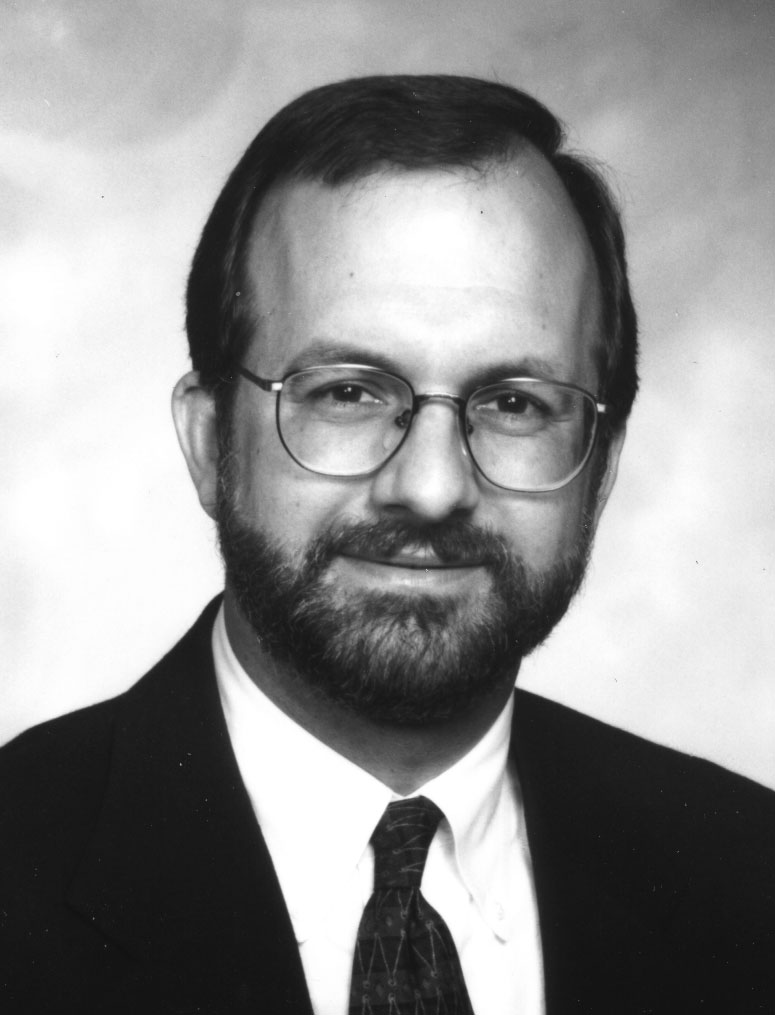 David Leslie, 1997-2015
David Leslie, 1997-2015
One of the most exciting accomplishments during my service as executive director was EMO becoming a more fully engaged statewide ecumenical organization. Work on critical issues such as Tribal rights and the legacy of colonialism, climate change, workers’ rights, payday lending and health care access ensured that we were engaged with communities throughout Oregon. These efforts helped to broach geographic, urban-rural and cultural divides, making clear that we were indeed stronger when we worked together than apart.
One of the greatest challenges that we all faced was the attacks on 9/11 and the aftermath. Racially motivated hate incidents particularly aimed at the Muslim community, economic insecurity, a moratorium on refugee arrivals, and uncertainty about personal and collective security caused great doubt about the world in which we lived. Thankfully, there were leaders in every sector who worked diligently to build community and strengthen the bulwarks necessary to keep hate at bay.
These were not easy times. However, through our collective prayers, advocacy and service, we did all we could to ensure security for all and that everyone was treated with dignity, equity and respect.
Leslie is the executive director of Rothko Chapel in Houston, Texas.
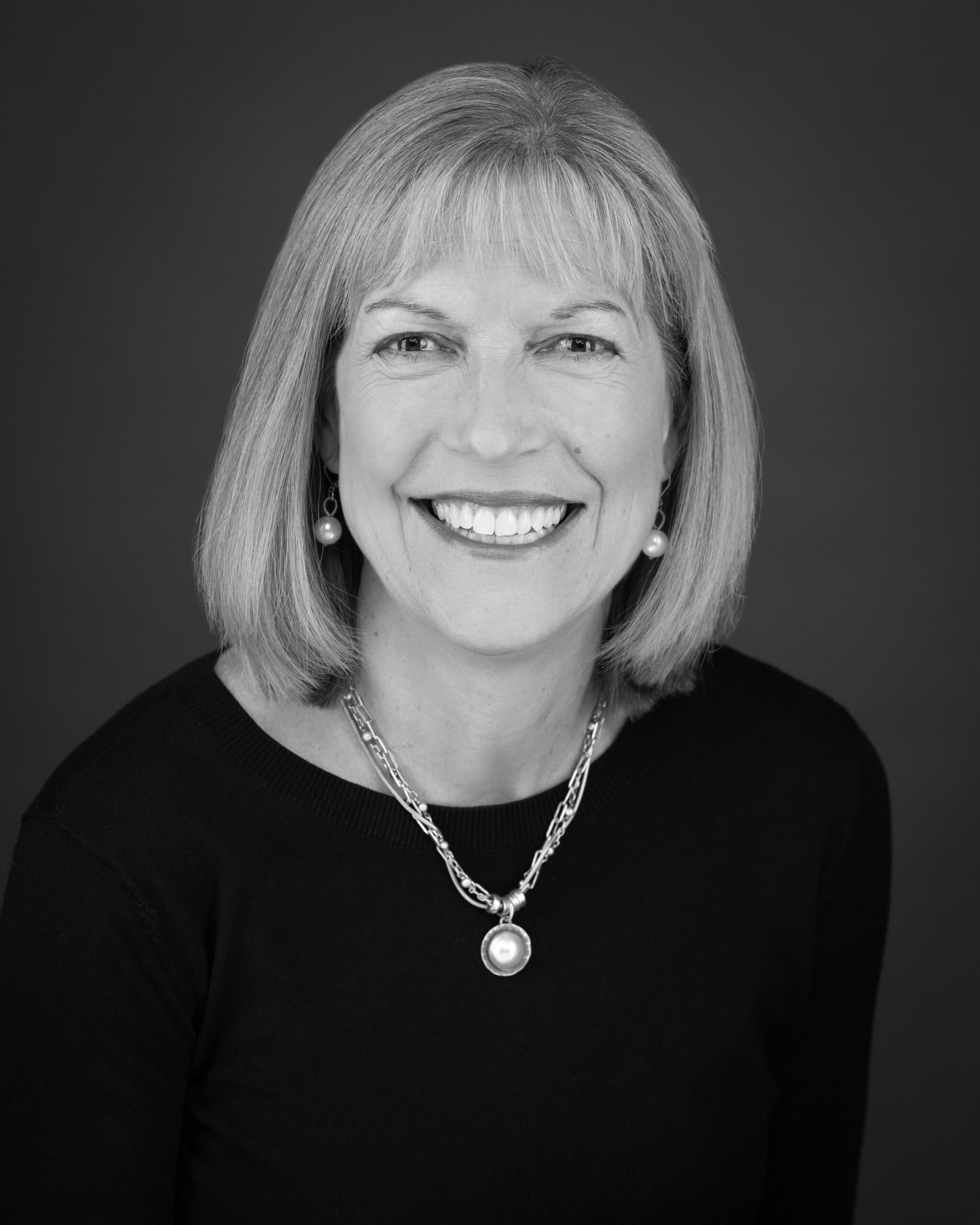 Jan Musgrove Elfers, 2015-2021
Jan Musgrove Elfers, 2015-2021
My tenure as executive director of EMO began in the summer of 2015, during an extremely polarized presidential election. Shortly after taking office in 2017, President Trump issued a travel ban and drastically reduced the cap on refugee admissions, almost grinding refugee resettlement in the United States to a halt. EMO’s Sponsors Organized to Assist Refugees (SOAR) was on the precipice of closing down, as refugee numbers plummeted. Other EMO programs were also under siege, as needs grew and threats against people in the immigrant and refugee community proliferated. In addition, the COVID pandemic in 2020 compounded community and staff suffering.
Staff at EMO adapted and rose to meet these challenges. In 2019, our Public Policy Advocacy team, along with team members from other Oregon refugee resettlement agencies, lobbied and successfully received $2 million in funding from the state of Oregon for the first time in history. As a result, none of the Oregon resettlement agencies had to close their doors, including SOAR, while over 100 across the country did. These combined efforts to save vital refugee and immigrant programs stand out as EMO’s greatest accomplishment during those troubled times.
Elfers, retired in 2021, serves on the EMO Board of Directors.
